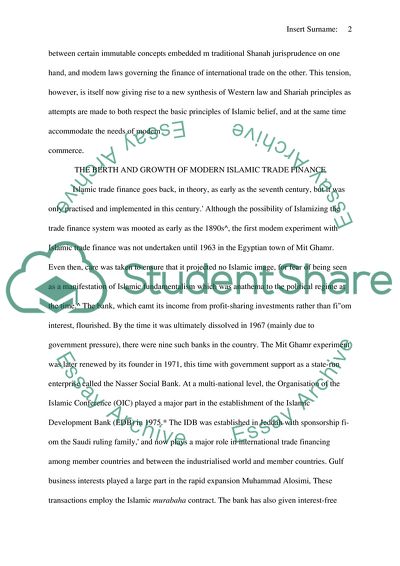Cite this document
(Empirical research Paper Example | Topics and Well Written Essays - 3000 words, n.d.)
Empirical research Paper Example | Topics and Well Written Essays - 3000 words. https://studentshare.org/finance-accounting/1836855-empirical-research
Empirical research Paper Example | Topics and Well Written Essays - 3000 words. https://studentshare.org/finance-accounting/1836855-empirical-research
(Empirical Research Paper Example | Topics and Well Written Essays - 3000 Words)
Empirical Research Paper Example | Topics and Well Written Essays - 3000 Words. https://studentshare.org/finance-accounting/1836855-empirical-research.
Empirical Research Paper Example | Topics and Well Written Essays - 3000 Words. https://studentshare.org/finance-accounting/1836855-empirical-research.
“Empirical Research Paper Example | Topics and Well Written Essays - 3000 Words”. https://studentshare.org/finance-accounting/1836855-empirical-research.


